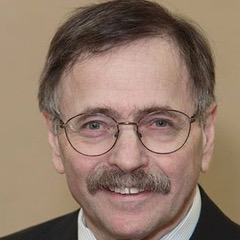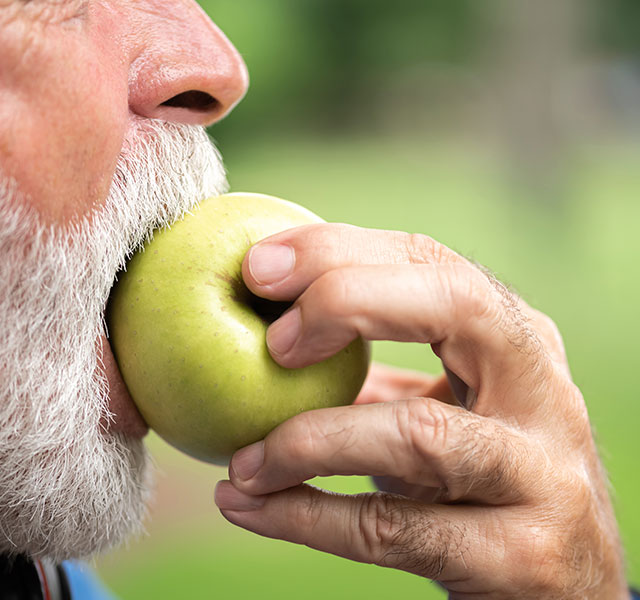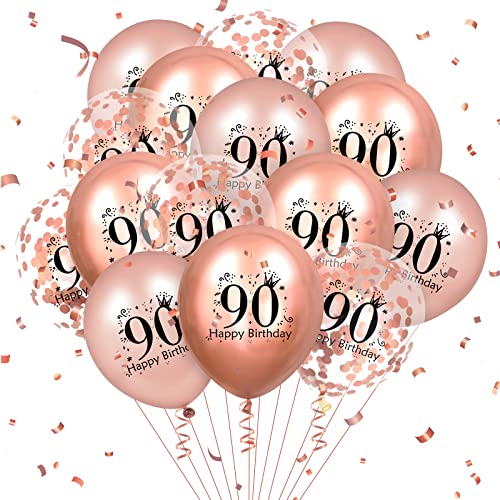Paul Kleyman was the editor of Aging Today for two decades and is now director of the Ethnic Elders Newsbeat at New America Media (NAM). His article was posted on the NAM website on November 15, 2016, and is reprinted here with permission.
It started well before the stunning 2016 election. Politico’s Michael Tortorello asked in a February 28 posting, “Is Donald Trump Too Old to Be President?” As his birthday loomed in June, USA Today’s Bill Sternberg posted, “Trump at 70, Just the Way He Is.”
And on September 13, FiveThirtyEight.com’s Clare Malone and Christie Aschwanden posted, “Can A Candidate Be Too Old To Run For President?”
The potential for stereotyping presidential candidates for their age, race, gender, religion or geographic moorings is always a media concern, and the president-elect has certainly run the table on the list of possible biases. But what about commentary on Donald Trump himself? Almost immediately following Tuesday’s [election] results, Trump’s ability to comport himself presidentially was questioned on multiple media outlets because he turned 70 this year.
There are 40-year-olds whose brains are like the brain of an 80-year-old—and vice versa.
Questioning any candidate’s health and stamina is not only fair game, of course, it’s a necessary inquiry. The Politico piece noted, “The oldsters in the presidential race might be exceptions to the rule, but science says brain function often declines noticeably at that age.” The story went on, partly, to source at least some of the current attention to the issue [to] partisan commentators, such as [those on the alt-right website,] Breitbart.com (prior to founder Steve Bannon’s officially joining the Trump campaign) and Karl Rove, [the Republican political consultant]. Both, writes Tortorello, “insinuated that [Hillary] Clinton suffers cognitive impairments due to a fall she took in December 2012.”
Tortorello immediately dismissed those claims due to “the notable absence of an MD” on the end of Breitbart and Rove’s claimed sources. Although he cited important research on age-related decline of “executive function,” among those he interviewed was the distinguished University of California, San Diego, neuroscientist Dilip Jeste, PhD. [Jeste] stressed, “If you are looking at the MRI of a person, you may not be able to tell her age. There are 40-year-old people whose brain is like an 80-year-old” and vice versa.
The Politico writer commented drily, “Science has yet to study the brains of politicians as a species.” Perhaps a yet-unknown psychologist was studying this year’s primary sample, including Trump, 70, Clinton, 69, and Bernie Sanders, 75.
In any case, it’s likely that the issue of age remained subcutaneous throughout much of the excruciatingly long presidential campaign because any of them would have become the oldest president, on taking office, in history.
Garry Trudeau Has It Right
Garry Trudeau’s new book, YUGE!, chronicles the Pulitzer Prize-winning cartoonist’s inclusion of Trump in his Doonesbury strip for almost 30 years.
He recently explained to NPR’s Terry Gross that since 1987 he’s been following the steady pattern of Trump’s bombastic behavior. That three-decade stretch is significant in light of a pattern now emanating from some of the national media—ranging from post-election remarks by Chris Matthews to anti-Trump conservative talk-radio host Charlie Sykes on NPR’s “Morning Edition” (November 11).
With little variation, they and several others have commented, “He’s 70 years old—and he’s not going to change.”
This emerging narrative is wrong, and it’s patently ageist.
[This] editor, at 71, may be a bit sensitive to these suggestions that old pols (or journalists) can’t learn new tricks. Without question, broaching a candidate’s health and stamina is legitimate, but keep in mind John F. Kennedy’s Addison’s disease, which remained hidden while he ran to become the youngest president on record in 1960, and Senator Paul Tsongas’ cancer, the recurrence of which he failed to reveal during his second presidential bid. Tsongas died in 1997, at age 55, not long after dropping out of the race.
So, what’s age got to do with it?
Invoking concern over an older candidate’s age is hardly new, of course. Ronald Reagan, who took office in 1981, shortly before his 70th birthday, is remembered for wittily deflating speculation about his advanced years. During his 1984 debate poke at Walter Mondale, Reagan elicited cheers and laughter with his well-timed quip that he wouldn’t hold the Democrat’s “youth and inexperience against him.
At the moment, though, I can’t recall a president-elect’s age coming up repeatedly as a kind of fixative brushed over his questionable behavior. As Garry Trudeau comically documents, Trump hasn’t changed his belligerent opportunism throughout most of his adult life. Evidently, his bluster and bullying go back to his youth.
No Country for Old Stereotypes
But now that the 45th president-elect’s volatile behavior–-and mindset—have gained the awesome power of the American presidency, how is it that the burgeoning public response is to question whether his age might prevent him from altering his troubling demeanor? The refrain quickly seems to be that he’s beyond his capacity to change because he’s too old.
No. If he’s beyond that, it’s because—he’s DONALD TRUMP.
This emerging narrative is wrong, and it’s patently ageist. However, I also want to see how far it continues. Will that lazy line of politi-speak reinforce a phony stereotype that will essentially let the man off the behavioral hook?
Reporters will have much else to worry about from the new president starting January 20, 2017. But those concerned with stereotyping and stigmatization also should be keeping their eyes and ears open for simplistic mischaracterizations of this man. Like anyone in power, he needs to be held accountable for his actions, not dismissed for his age.
Let journalists evaluate him for who he is and what he does, not discount his excesses due to his certain age….
![]() Paul Kleyman’s book, Senior Power: Growing Old Rebelliously, broke new ground in 1974 when publishing hadn’t much interest in later life. Since then, his deep knowledge about aging has inspired journalists and guided organizations. For 20 years he edited Aging Today, the newspaper of the American Society on Aging, and for nine years he directed the ethnic elders’ newsbeat at New America Media. In 2016, PBS’s Next Avenue website named him among the 50 top “influencers” in aging and he won an award from the California Elder Justice Coalition for excellence in writing about elder abuse. Today, he coordinates the Journalists Network on Generations.
Paul Kleyman’s book, Senior Power: Growing Old Rebelliously, broke new ground in 1974 when publishing hadn’t much interest in later life. Since then, his deep knowledge about aging has inspired journalists and guided organizations. For 20 years he edited Aging Today, the newspaper of the American Society on Aging, and for nine years he directed the ethnic elders’ newsbeat at New America Media. In 2016, PBS’s Next Avenue website named him among the 50 top “influencers” in aging and he won an award from the California Elder Justice Coalition for excellence in writing about elder abuse. Today, he coordinates the Journalists Network on Generations.

In 2016, PBS’s Next Avenue named writer/editor Paul Kleyman an Influencer in Aging. After 20 years as editor of the American Society on Aging’s newspaper, Kleyman became director of the Ethnic Elders Newsbeat at New America Media, focusing on issues of aging within US ethnic groups. He also co-founded the Journalists in Aging Fellows program—which educates journalists about aging—with the Gerontological Society of America. He’s currently national coordinator of the Journalists Network on Generations.



